
Japan’s H2A Rocket Makes Final Launch, Paving Way for Next-Gen H3
Japan’s H2A rocket launches for the final time, ending a two-decade legacy and ushering in the H3 era. The last mission sends the Ibuki-GW satellite to monitor greenhouse gases.
News for people and friends

Japan’s H2A rocket launches for the final time, ending a two-decade legacy and ushering in the H3 era. The last mission sends the Ibuki-GW satellite to monitor greenhouse gases.
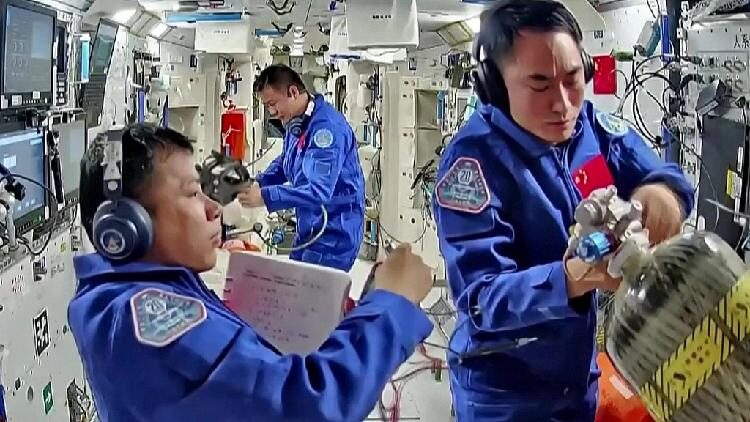
Hungarian students connected with Chinese astronauts aboard the China Space Station in a special Q&A session, fostering cooperation in space science and inspiring youth engagement.
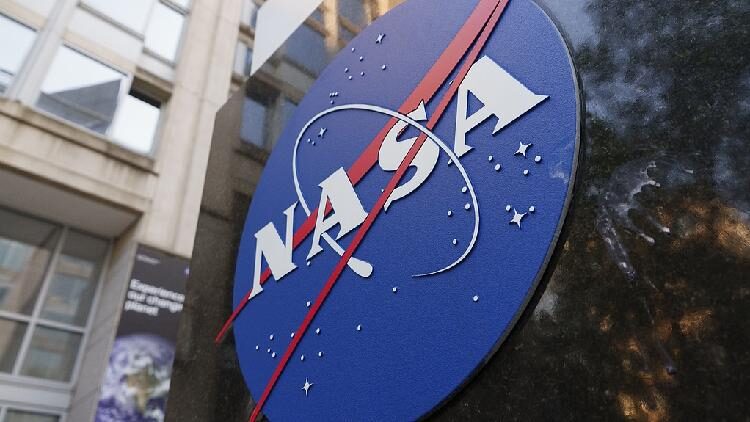
Discover how NASA and SpaceX are joining forces to shape the future of space exploration and inspire a generation.
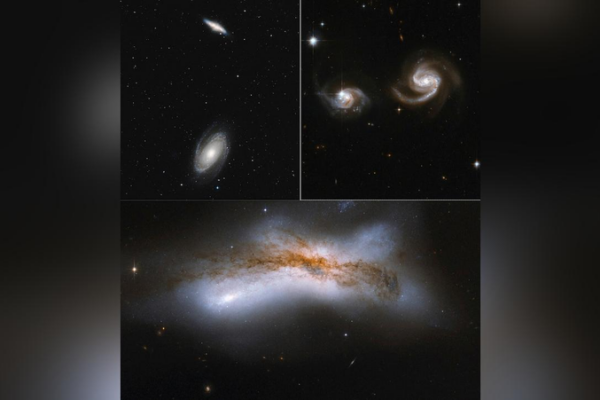
New simulations reveal the Milky Way may avoid a catastrophic collision with Andromeda, offering a 50% chance of peaceful coexistence for billions of years.
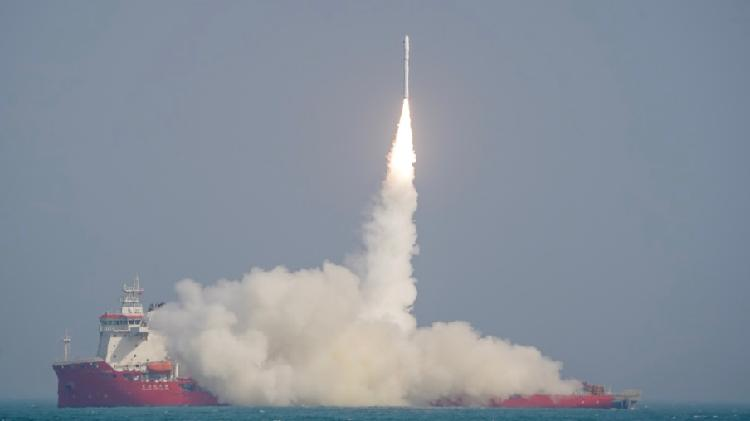
China’s Galactic Energy launches four satellites from sea, completing the first phase of its IoT constellation “Tianqi,” expanding global IoT data services across various industries.
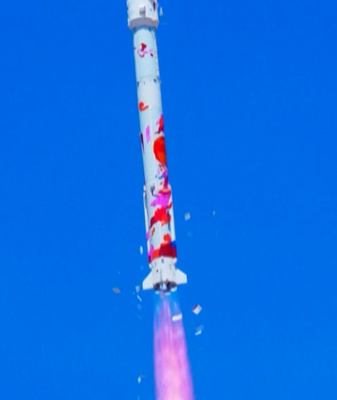
China’s commercial ZQ-2E rocket successfully launched six satellites into space, marking the fifth flight of the ZQ-2 series.
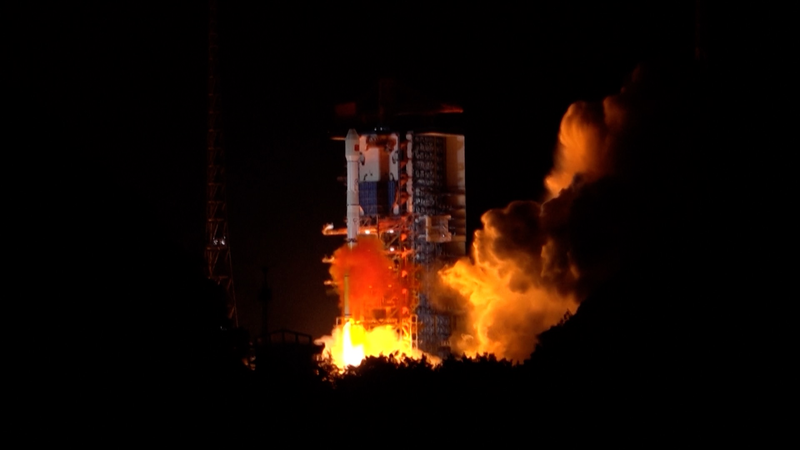
China successfully launched a new communication technology test satellite from Xichang, aiming to advance multi-band and high-speed communication technologies.
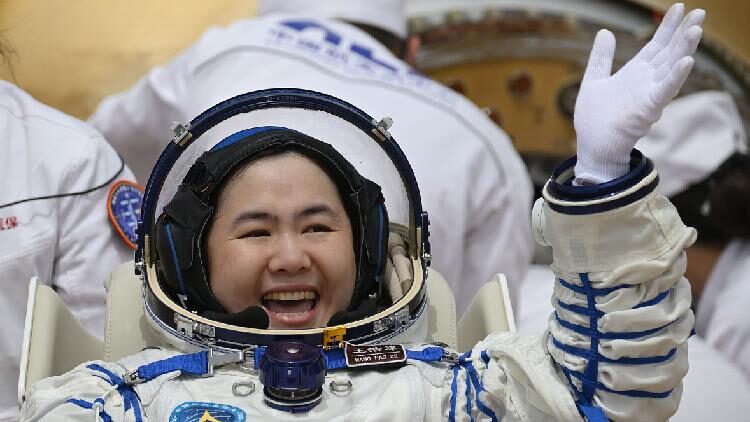
Shenzhou-19 astronauts return to Beijing after 183 days in space, entering recovery before meeting the press.
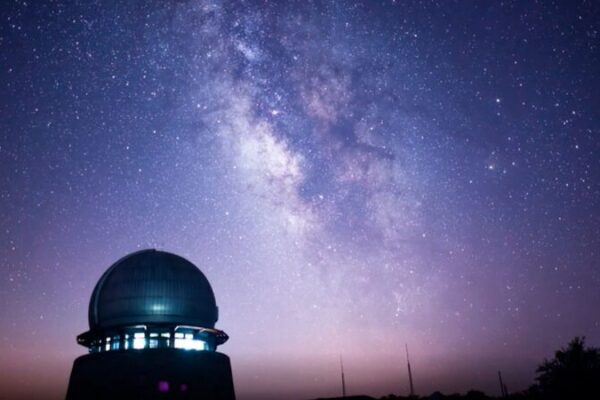
AI robot Taikobot reveals why studying asteroids is key to understanding our solar system’s origins and safeguarding Earth.

China’s Shenzhou-20 astronauts meet the press at the Jiuquan Satellite Launch Center, sharing their excitement for the historic mission.